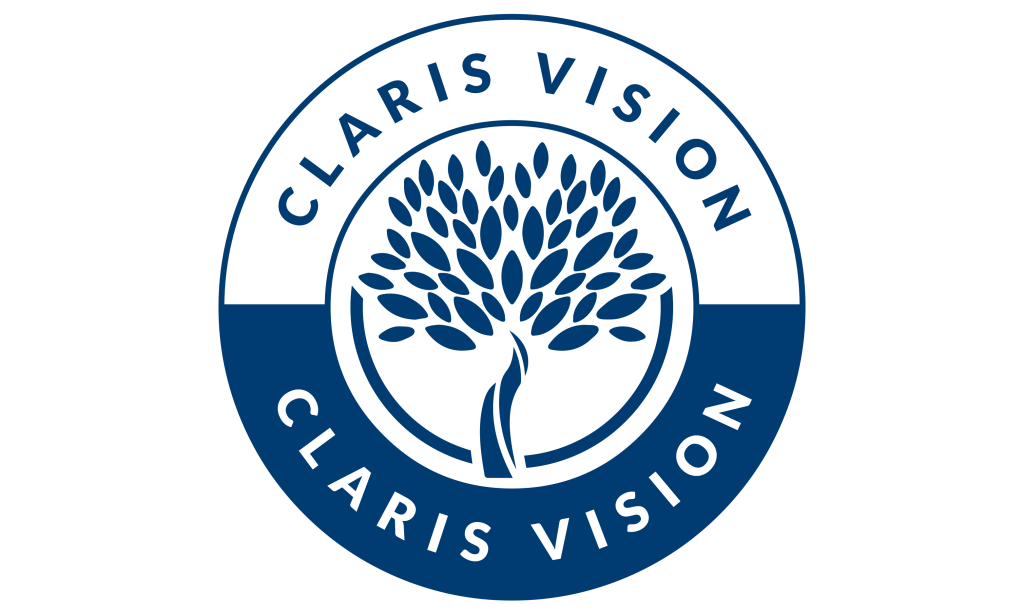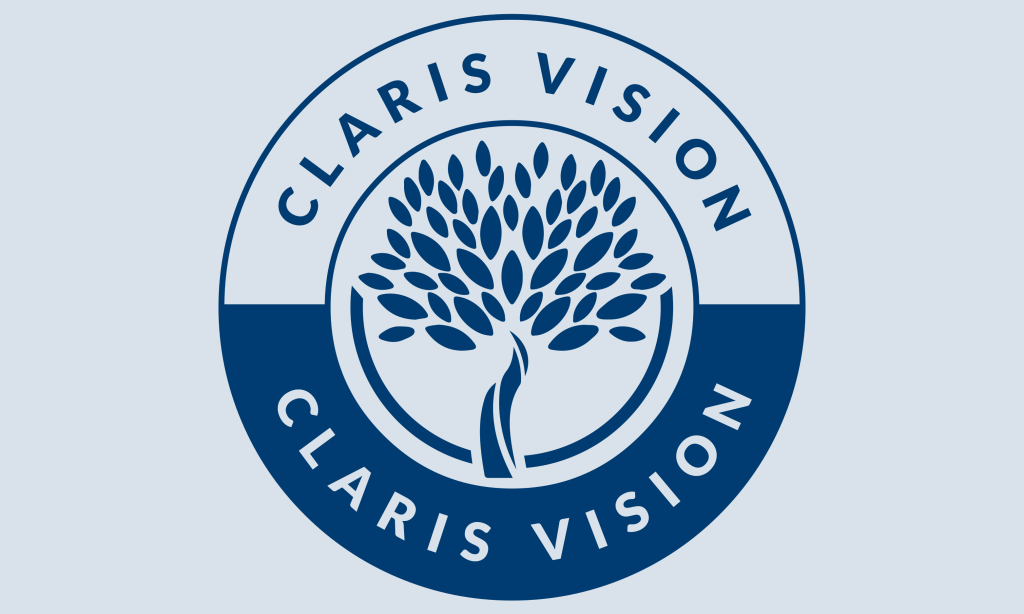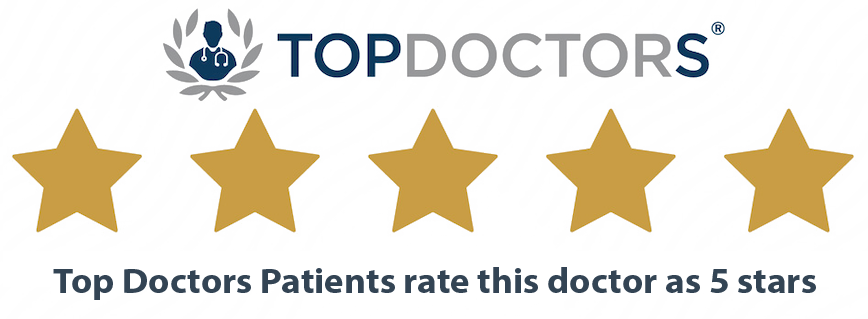Astigmatism is a common eye condition. It is usually caused by the presence of a non-uniform shape to the cornea or the development of abnormalities of the natural lens inside your eye.
What is Astigmatism and can it be treated?
Normally, the combined refraction of your cornea and crystalline lens focuses light rays sharply on the retina of the eye. In astigmatism, the imperfect refractive properties of the eye result in an object not being uniformly focused on your retina. If short-sightedness (myopia) or long-sightedness (hypermetropia) are also present, the object may be focused in front of or behind the retina, resulting in blurred vision.
Diagnosis of astigmatism
Astigmatism is most likely to be diagnosed by your optician. It predominantly causes blurred vision but in early or mild cases it may cause headaches, eyestrain, and difficulty with night driving. A variety of eye conditions can cause these symptoms; the only true way of finding out if you have astigmatism, or other refractive errors such as short-sightedness or long-sightedness, is with a thorough eye examination.
Does astigmatism get worse?
Astigmatism will not go away without treatment. It is often said that astigmatism does not change with age, but in reality there is a very small change in the shape of the cornea and thus astigmatism with time.
Astigmatism treatment with laser eye surgery
Treatment options for astigmatism include glasses, contact lenses and refractive eye surgery.
The vast majority of patients with astigmatism use glasses to see better. With moderate to high prescriptions however, glasses can be difficult to adjust to and may reduce the quality of vision with peripheral distortion.
Specialised soft toric and rigid gas permeable contact lenses can be used to treat astigmatism as the contact lens compensates for the difference in refractive power across the cornea. Contact lenses also correct co-existing long sightedness or short sightedness at the same time.
A more permanent solution to astigmatism can be provided by refractive surgery. Depending on your prescription, eye measurements and visual needs, a variety of procedures are available, including LASIK, SMILE, toric phakic IOL, e.g. ICL, and refractive lens exchange.
In LASIK, excimer laser sculpts the cornea to make its surface and refractive power uniform, correcting the astigmatism. If you have astigmatism and also wear reading glasses, LASIK can incorporate a PRESBYOND blended vision treatment to reduce or eliminate your need for reading glasses.
SMILE is a keyhole alternative to LASIK that uses femtosecond laser to reshape the cornea; no flap is created in SMILE, preserving better biomechanical stability of the cornea and allowing a more rapid return to intense physical activities and swimming than with LASIK.
A toric ICL is like a permanent plastic contact lens that is implanted inside your eye, in front of your natural lens. No one can see this phakic lens and you cannot feel its presence in your eye. It is a safe alternative to LASIK and SMILE, but it is usually reserved for higher prescriptions when laser vision correction may not be the best option.
In refractive lens exchange, your natural lens is replaced with an artificial lens, very similar to modern cataract surgery. This treatment option for astigmatism is most appropriate if you are over the age of 55 years or if your prescription is higher than the normal range for laser vision correction.
How safe is laser eye surgery for astigmatism?
Laser vision correction is the most common elective procedure carried out worldwide; over 100000 procedures are performed each year in the UK.
Laser vision correction is carried out on the surface of or within the cornea, i.e. not inside the eye. As a result, it is a smaller operation for your eye and the chances of going blind following laser treatment are negligible. More than 99% of patients achieve driving level vision without glasses or contact lenses. Indeed, laser treatment is as safe if not safer than long-term contact lens wear!
To learn more about LASIK, SMILE, PRESBYOND and refractive lens exchange, visit our website ClarisVision. If you suffer from astigmatism, short-sightedness (myopia), long-sightedness (hypermetropia), or need reading glasses and would like to be spectacle free, book a free screening appointment at our ClarisVision contact page; alternatively call 02381 812281.



